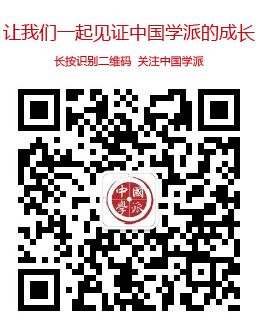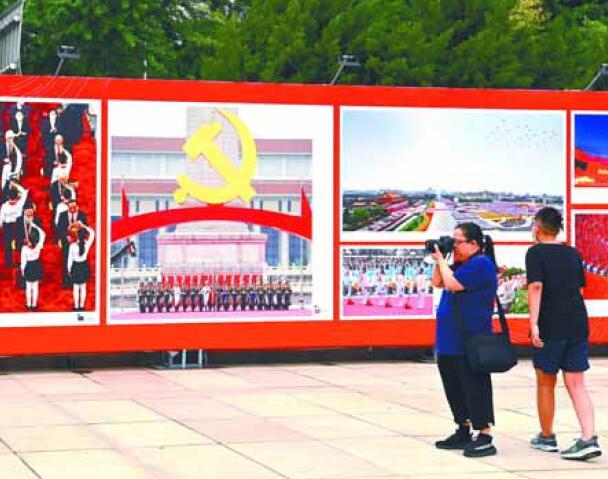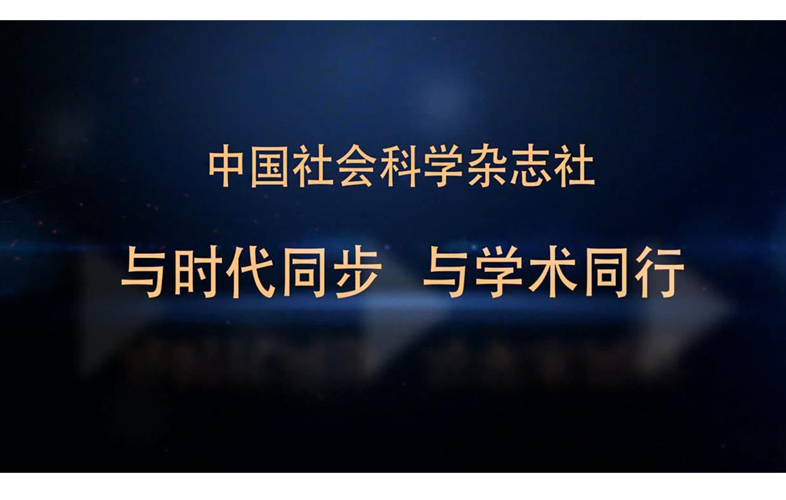Zhu Dongliang
School of Marxism, Xiamen University
Abstract
Over the forty years since reform and opening up, China’s rural land system has undergone a drastic transition from the Two Rights Separation to the Three Rights Separation. Any examination of the latter must be grounded in the crucial field of land transfer. Our fieldwork in different areas across China revealed that the rapid development of industrialization and urbanization has driven a drastic increase in the intensive, large-scale transfer of land. As a result, the traditional small-farmer economy is disintegrating, accompanied by a widening distance between farmers and the land. In practice, the Three Rights Separation system exhibits some new characteristics: the growing substantiation of the ownership rights of the village collective, the demutualization of the contracting rights of farm households and the marketization of management rights. At the same time, in practice we have also seen a strengthening of the position of those enjoying ownership rights and management rights and a weakening of the position of those possessing contracting rights. To change the rural land system and accomplish its goal of rural revitalization, China must endeavor to construct a new type of collective market economy.
Keywords: land transfer, Three Rights Separation, collective market economy

- 1 Early Chinese Village Patterns in Ter...
- 2 Women’s Political Status and the Sex...
- 3 The Growth Paths and Mechanisms of Ch...
- 4 Construction and Interpretation of Fu...
- 5 On the Legal Attributes of Digital Cu...
- 6 Special Issue: Social Governance and ...
- 7 Constructive Journalism in China: Res...
- 8 A New Exploration of Journalism: Sten...
- 9 Recontextualizing Constructive Journa...
- 10 The Constructive Role of the Press in...


